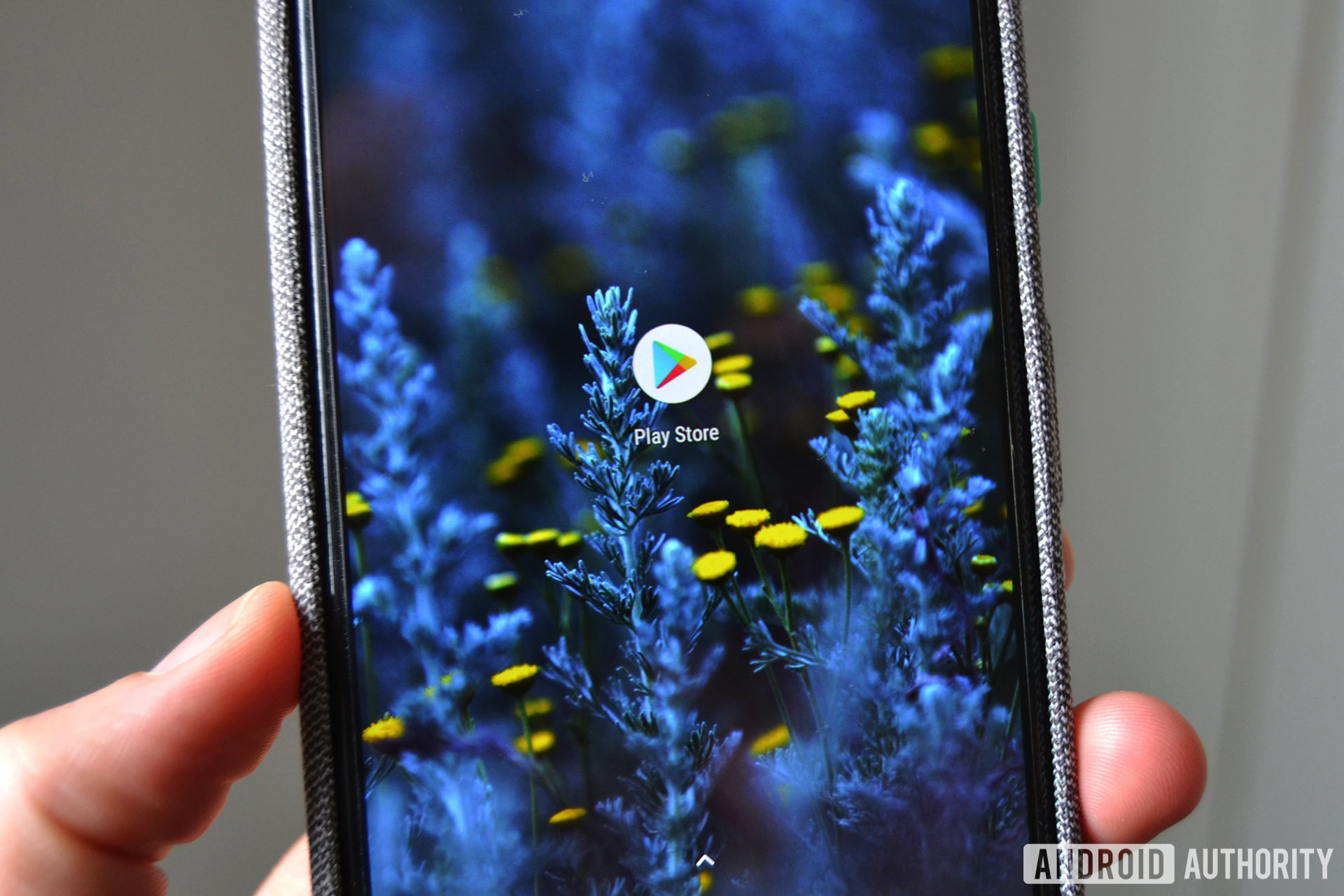Affiliate links on Android Authority may earn us a commission. Learn more.
Google's investigation into apps' alleged ad fraud paints a grim picture

- Google confirmed it removed two apps from the Play Store earlier this week over “app install attribution abuse.”
- Google also said it saw evidence of the same abuse in three ad network SDKs.
- The investigation update comes after Cheetah Mobile and Kika allegedly committed ad fraud with at least two of their apps.
In the wake of the advertisement fraud allegation against two Cheetah Mobile and Kika apps, Google provided an update on its investigation into the alleged abuse. To put it lightly, the results aren’t pretty.
In the update, Google said it removed two apps from the Play Store due to “evidence of app install attribution abuse.” The apps could be CM File Manager and Kika Keyboard, the two aforementioned apps that reportedly contained code used for ad fraud techniques.
The apps would reportedly detect new app installations and claim credit for driving those installations. This would then help Cheetah Mobile and Kika claim bounties or fees for driving installations.
Google also said it saw evidence of app install attribution abuse in three ad network SDKs. Google did not reveal the identity of the SDKs in its update. The company also said it contacted the affected developers to remove the SDKs from their apps. The developers were given a “short grace period to take action” before Google steps in.

Google confirmed that Google Ads SDKs were not used in any abusive behaviors. The company concluded by saying its investigation into other apps and third-party SDKs is still underway.
Google did not say when it might conclude its investigation.
Cheetah Mobile responded to the allegations and suggested that third-party SDKs were to blame for any ad fraud. The developer also said it “proactively” removed two advertising SDKs from its apps. That said, the evidence that Google collected may have included dodgy code found within a Cheetah Mobile app. This would seemingly contradict the developer’s claims that third-party SDKs are to blame.
Rosen Law Firm opened its own investigation on behalf of shareholders. Depending on the results of the investigation, we might see a class action lawsuit launched against Cheetah Mobile.
NEXT: 10 best security apps for Android that aren’t anti-virus apps